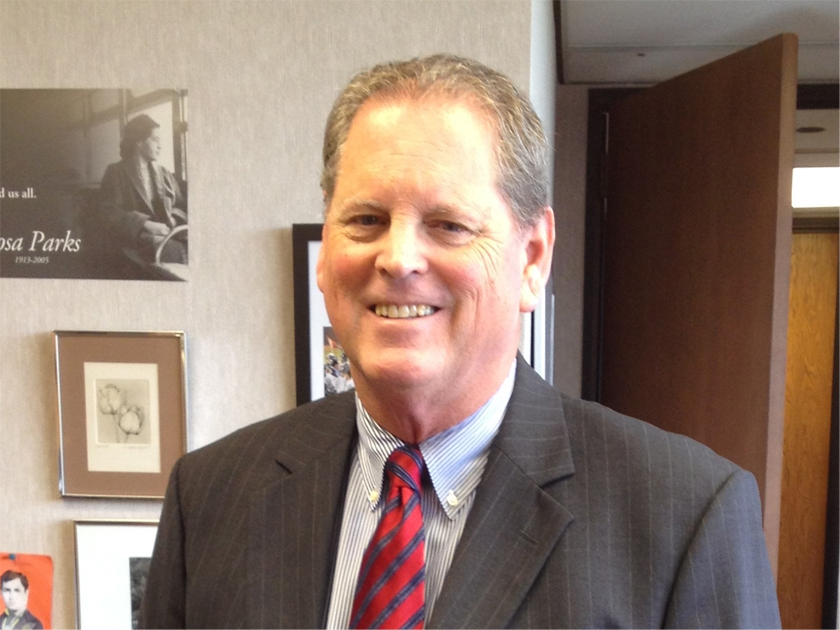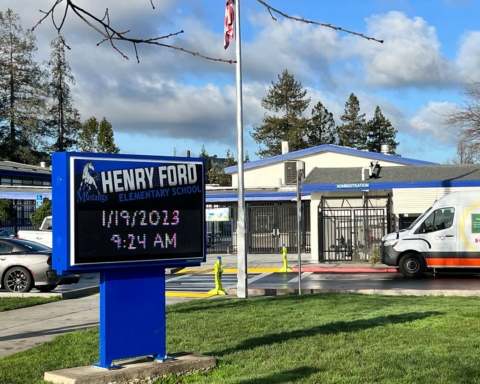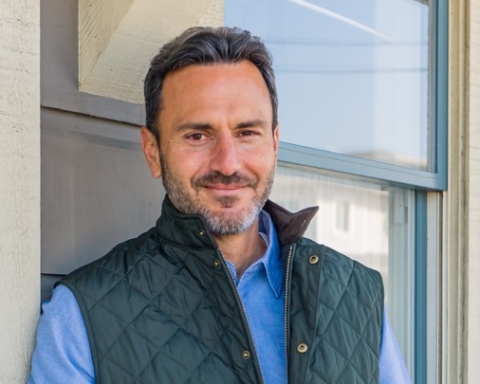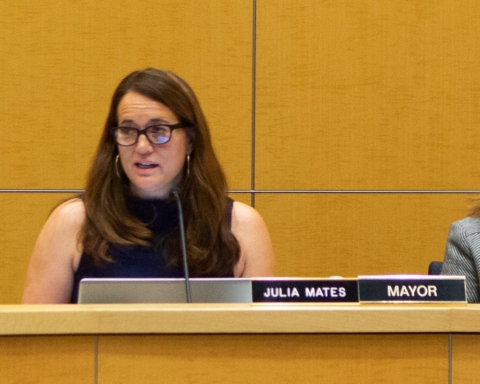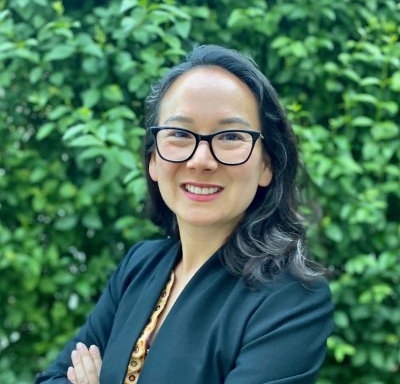The housing bill that roared – state Sen. Scott Wiener’s Senate Bill 827 – died in committee this week, but the issue is not dead.
Wiener proposed legislation that would, in essence, require cities to put aside local height and density limits when considering housing developments at or near transit. Instead, there would be state standards that would supersede local zoning regulations and allow significantly higher, denser development.
Since the 1978 passage of Proposition 13, which took away from local government the ability to set tax rates, the only real, meaningful power remaining in local hands is land use authority, and it’s something cities have zealously guarded.
It is also one of the few ways cities can affect their own tax base, which is why for decades after Proposition 13 became law there has been a tilt toward commercial development, which can generate local tax revenue. It’s one of the factors in the housing shortage.
But the housing shortage now is a crisis, and city officials up and down the Peninsula are torn between pressures to build more housing and demands from residents to protect the character of their communities.
This political dilemma was on display last weekend at the Redwood City-San Mateo County Chamber of Commerce’s 49th Progress Seminar in Monterey, where Wiener participated in a half-day series of panels on the housing crisis.
First, Wiener gets a lot of credit for spending his morning explaining his legislation to a rotating audience of city council members, many of whom were quite unhappy with his proposal. He was earnest, thoughtful, diligent and passionate about what the housing crisis is doing to the Bay Area and California.
“People are leaving the Bay Area, people making $400,000 a year, because there’s no future for them here,” he said, succinctly capturing the essence of the problem.
He noted the housing deficit in the Bay Area is 3.5 million – the difference between the amount of housing and the number of people who need it.
The reaction of city council members at the panel was to describe the dilemma they face. They are under pressure from housing advocates to build more housing. Neighborhood advocates don’t want higher, denser buildings near them. Throughout most cities, residents don’t want their communities to change.
Millbrae Councilman Wayne Lee said he and his colleagues are routinely buffeted by housing advocates for not building more housing.
Burlingame Councilwoman Ann Keighran said her city is a “victim of our success.” In Burlingame, the schools are overcrowded and any effort to build more housing there is met with resistance from school advocates.
She said the major employers, who are bringing more people into San Mateo County, “are not helping” and ought to make a meaningful contribution to building more housing.
All of which is why Wiener introduced his bill, he said. Local elected officials struggle to weave their way through the thicket of NIMBYs (Not In My Backyard) and YIMBYs (Yes In My Backyard) who are creating crosscurrents of political consequence.
The state can “take the political heat,” he said.
It’s not a sudden and new overreach of state authority, he said. The state plays a role in any number of local issues, the schools being the most evident, Wiener said. In fact, the state has deferred responsibility for a host of issues in which it should be engaged more deeply – not just housing, but homelessness and teacher pay.
“People who say we can’t build our way out of it, I don’t agree. … We have a basic supply/demand problem,” Wiener said. “Even if it takes 20 years, that’s why we should get started now.”
When his bill died in committee, Wiener said he wasn’t surprised and that he expected it would take more than one year, perhaps more than one legislative session, for the bill to move forward.
Contact Mark Simon at mark@climaterwc.com.

